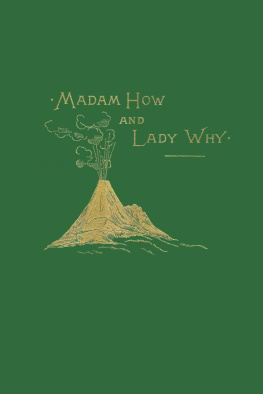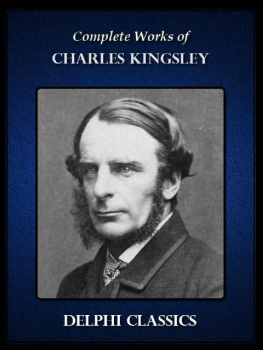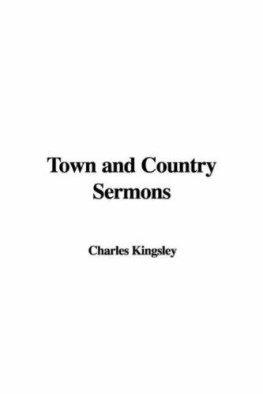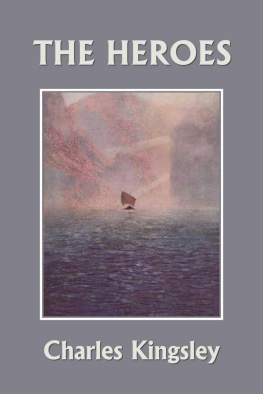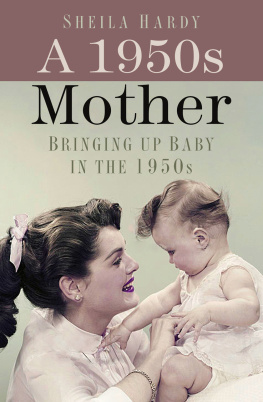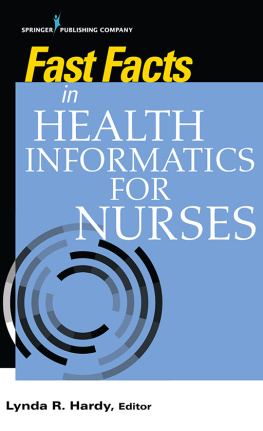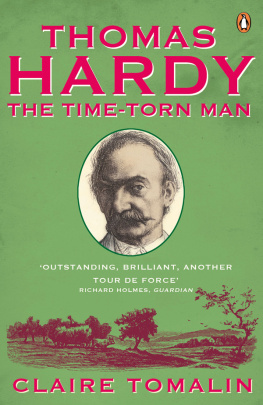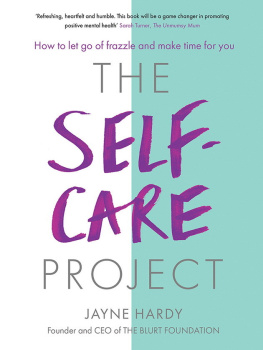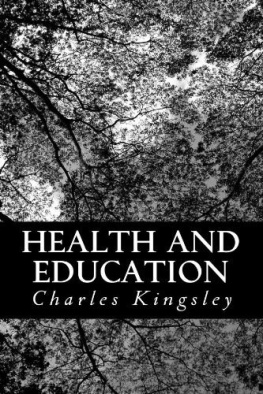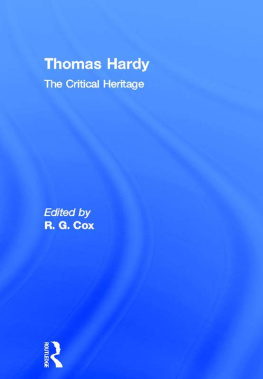Health and Education, by Charles Kingsley
The Project Gutenberg eBook, Health and Education, by Charles Kingsley
This eBook is for the use of anyone anywhere at no cost and with
almost no restrictions whatsoever. You may copy it, give it away or
re-use it under the terms of the Project Gutenberg License included
with this eBook or online at www.gutenberg.org
Title: Health and Education
Author: Charles Kingsley
Release Date: December 31, 2005 [eBook #17437]
Language: English
Character set encoding: ISO-646-US (US-ASCII)
***START OF THE PROJECT GUTENBERG EBOOK HEALTH AND EDUCATION***
Transcribed from the 1874 W. Isbister & Co. edition by David Price, email ccx074@coventry.ac.uk
HEALTH AND EDUCATION
by the
Rev . CHARLES KINGSLEY, f.l.s., f.g.s.
Canon of Westminster
W. ISBISTER & CO.
56, LUDGATE HILL, LONDON
1874
[All rights reserved]
THE SCIENCE OF HEALTH
Whether the British race is improving or degenerating? What, if it seem probably degenerating, are the causes of so great an evil? How they can be, if not destroyed, at least arrested?These are questions worthy the attention, not of statesmen only and medical men, but of every father and mother in these isles. I shall say somewhat about them in this Essay; and say it in a form which ought to be intelligible to fathers and mothers of every class, from the highest to the lowest, in hopes of convincing some of them at least that the science of health, now so utterly neglected in our curriculum of so-called education, ought to be taughtthe rudiments of it at leastin every school, college, and university.
We talk of our hardy forefathers; and rightly. But they were hardy, just as the savage is usually hardy, because none but the hardy lived. They may have been able to say of themselvesas they do in a state paper of 1515, now well known through the pages of Mr. FroudeWhat comyn folk of all the world may compare with the comyns of England, in riches, freedom, liberty, welfare, and all prosperity? What comyn folk is so mighty, and so strong in the felde, as the comyns of England? They may have been fed on great shins of beef, till they became, as Benvenuto Cellini calls them, the English wild beasts. But they increased in numbers slowly, if at all, for centuries. Those terrible laws of natural selection, which issue in the survival of the fittest, cleared off the less fit, in every generation, principally by infantile disease, often by wholesale famine and pestilence; and left, on the whole, only those of the strongest constitutions to perpetuate a hardy, valiant, and enterprising race.
At last came a sudden and unprecedented change. In the first years of the century, steam and commerce produced an enormous increase in the population. Millions of fresh human beings found employment, married, brought up children who found employment in their turn, and learnt to live more or less civilised lives. An event, doubtless, for which God is to be thanked. A quite new phase of humanity, bringing with it new vices and new dangers: but bringing, also, not merely new comforts, but new noblenesses, new generosities, new conceptions of duty, and of how that duty should be done. It is childish to regret the old times, when our soot-grimed manufacturing districts were green with lonely farms. To murmur at the transformation would be, I believe, to murmur at the will of Him without whom not a sparrow falls to the ground.
The old order changeth, yielding place to the new,
And God fulfils himself in many ways,
Lest one good custom should corrupt the world.
Our duty is, instead of longing for the good old custom, to take care of the good new custom, lest it should corrupt the world in like wise. And it may do so thus:
The rapid increase of population during the first half of this century began at a moment when the British stock was specially exhausted; namely, about the end of the long French war. There may have been periods of exhaustion, at least in England, before that. There may have been one here, as there seems to have been on the Continent, after the Crusades; and another after the Wars of the Roses. There was certainly a period of severe exhaustion at the end of Elizabeths reign, due both to the long Spanish and Irish wars and to the terrible endemics introduced from abroad; an exhaustion which may have caused, in part, the national weakness which hung upon us during the reign of the Stuarts. But after none of these did the survival of the less fit suddenly become more easy; or the discovery of steam power, and the acquisition of a colonial empire, create at once a fresh demand for human beings and a fresh supply of food for them. Britain, at the beginning of the nineteenth century, was in an altogether new social situation.
At the beginning of the great French war; and, indeed, ever since the beginning of the war with Spain in 1739often snubbed as the war about Jenkinss earbut which was, as I hold, one of the most just, as it was one of the most popular, of all our wars; after, too, the once famous forty fine harvests of the eighteenth century, the British people, from the gentleman who led to the soldier or sailor who followed, were one of the mightiest and most capable races which the world has ever seen, comparable best to the old Roman, at his mightiest and most capable period. That, at least, their works testify. They createdas far as man can be said to create anythingthe British Empire. They won for us our colonies, our commerce, the mastery of the seas of all the world. But at what a cost
Their bones are scattered far and wide,
By mount, and stream, and sea.
Year after year, till the final triumph of Waterloo, not battle only, but worse destroyers than shot and shellfatigue and diseasehad been carrying off our stoutest, ablest, healthiest young men, each of whom represented, alas! a maiden left unmarried at home, or married, in default, to a less able man. The strongest went to the war; each who fell left a weaklier man to continue the race; while of those who did not fall, too many returned with tainted and weakened constitutions, to injure, it may be, generations yet unborn. The middle classes, being mostly engaged in peaceful pursuits, suffered less of this decimation of their finest young men; and to that fact I attribute much of their increasing preponderance, social, political, and intellectual, to this very day. One cannot walk the streets of any of our great commercial cities without seeing plenty of men, young and middle-aged, whose whole bearing and stature shows that the manly vigour of our middle class is anything but exhausted. In Liverpool, especially, I have been much struck not only with the vigorous countenance, but with the bodily size of the mercantile men on Change. But it must be remembered always, first, that these men are the very lite of their class; the cleverest men; the men capable of doing most work; and next, that they are, almost all of them, from the great merchant who has his villa out of town, and perhaps his moor in the Highlands, down to the sturdy young volunteer who serves in the haberdashers shop, country-bred men; and that the question is, not what they are like now, but what their children and grand-children, especially the fine young volunteers, will be like? And a very serious question I hold that to be; and for this reason:
War is, without doubt, the most hideous physical curse which fallen man inflicts upon himself; and for this simple reason, that it reverses the very laws of nature, and is more cruel even than pestilence. For instead of issuing in the survival of the fittest, it issues in the survival of the less fit: and therefore, if protracted, must deteriorate generations yet unborn. And yet a peace such as we now enjoy, prosperous, civilised, humane, is fraught, though to a less degree, with the very same ill effect.


